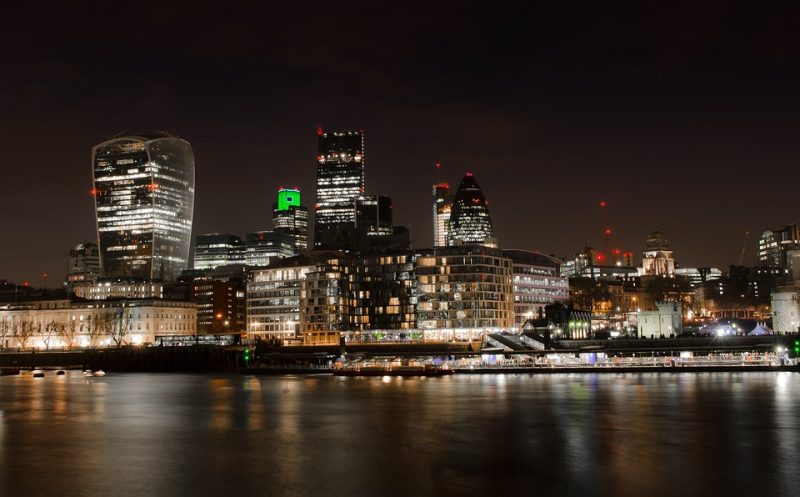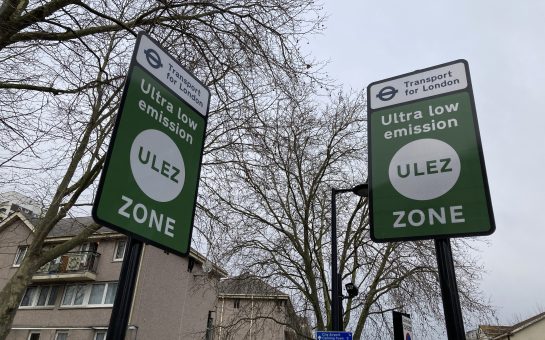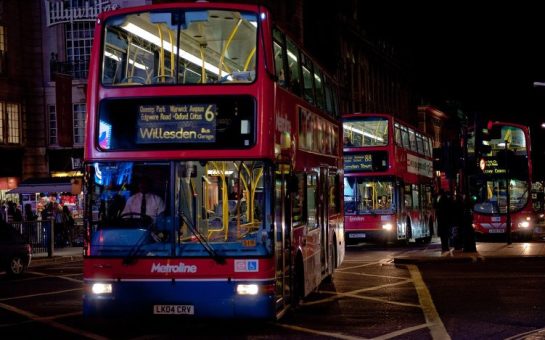The City of London Corporation has signed a pledge to dim the city’s lights to tackle light pollution.
The Square Mile is one of 68 major cities around the world to sign the declaration by Lighting Urban Community International (LUCI).
LUCI is a non-profit organisation bringing together member cities and towns from around the world that aims to use light as a tool for cultural, social and economic development.
Shravan Joshi, Chairman of the City of London Corporation’s Planning and Transportation Committee, said: “Our strategy is aimed at ensuring an intelligent and sensitive approach to lighting, that balances the safety and accessibility of the City, with the preservation of local amenity and character.”
In addition to tackling light pollution, members of LUCI commit to embrace net zero lighting, health and well-being, and progress dialogue between public and private spheres.
The pledge also includes increasing public engagement in development projects, integrating more light art into the public realm, and showing greater consideration for lighting across urban planning.
Signing the pledge constitutes part of the CLC’s ongoing Climate Action Strategy which aims to make the Square Mile a net zero area by 2040.
To fulfil the pledge, the City of London Corporation (CLC), as the governing body of the Square Mile, will use its planning powers to compel developers to reduce artificial light and save energy.
Meri Lumela, Deputy Chair of the City Council of Jyväskylä (Finland) and President of LUCI, said: “The orientations and solutions shared in this Declaration are intended to inspire and call to action cities around the world.”
The CLC will also begin to ask property owners and occupants to turn lights off when not in use, a campaign set to start in the coming months.
As defined by the National Geographic, light pollution refers to ‘the excessive or poor use of artificial outdoor light’.
Light pollution disrupts the natural patterns of wildlife, contributes to carbon dioxide (CO2) emissions which cause climate change, disrupts human sleep, and obscures the stars in the night sky.





Join the discussion